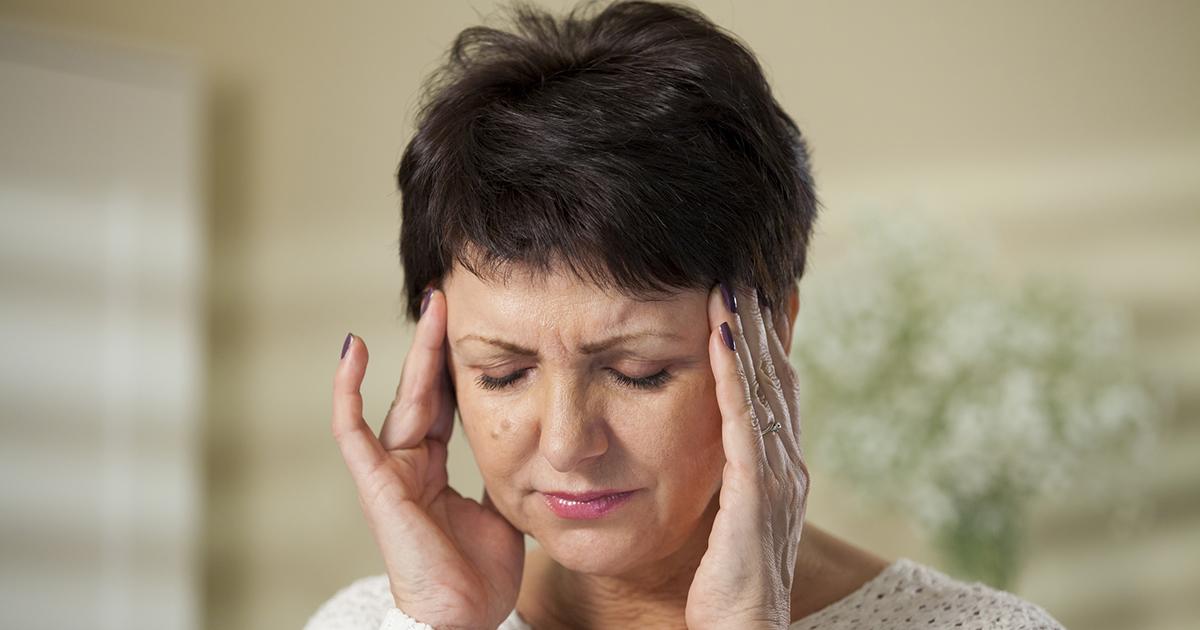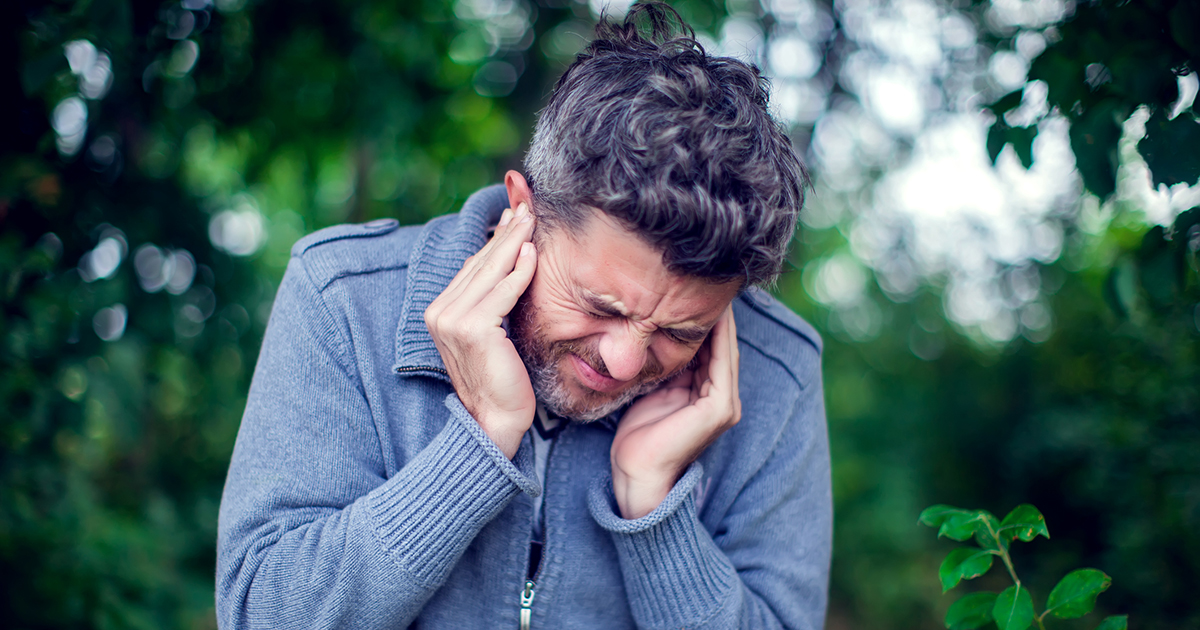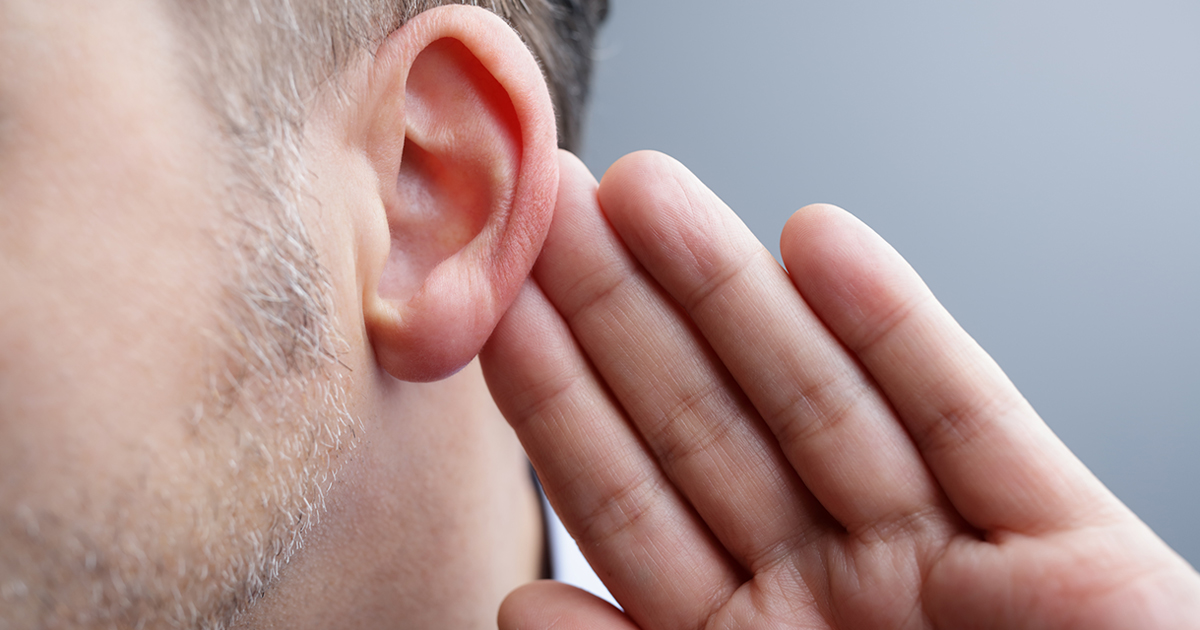The Various Effects Of Meniere's Disease
Meniere's disease is a condition that affects the labyrinth of the ears. Currently, there is no cure for the disease, but many things can help manage the disease, such as physical therapy, surgery, and medications. Typically, its cause is not known. However, there are many theories available about its origins, such as environmental and genetic factors. The disease can cause a wide variety of symptoms. Unfortunately, it can lead to progressive hearing loss and ultimately complete deafness in some instances. Often, the condition will present itself in only one ear at first, and the other ear may begin to show symptoms of Meniere's disease later on down the line. It also has other various effects, which you can get to know now.
Vertigo

Vertigo is a condition caused by problems within the ear. It can be described as extreme dizziness that makes it seem as if your surroundings are moving. This can lead to a loss of balance, an upset stomach, vomiting, and nausea. Other symptoms include jerking movements in the eyes, pain in the head, and ringing or buzzing in the ears, which is known as tinnitus. If you are experiencing this type of dizziness, it can be due to Meniere's disease. Therefore, you may want to consider talking to your doctor about Meniere's to learn more and to determine what methods may be able to decrease your symptoms.
Tinnitus

Essentially, tinnitus is a ringing or buzzing sound within the ears. This is typically a symptom of another disorder, such as Meniere's disease. The sound can vary in frequency and volume and can occur in either one or both of the ears. Often, treating the underlying condition can help to lessen the effects of tinnitus. This noise can become very bothersome and can begin to interfere with the quality of life of the individual who has it. Many patients find it helps to distract themselves with other noises, especially when trying to sleep, such as fans and other sources of white noise. Often, the sound can come and go, as well as vary in intensity.
Fullness In The Ear

Fullness in the ear can also be a very bothersome condition that can potentially affect your overall quality of life if it goes untreated, because it often is a very unpleasant sensation that is difficult to ignore. It can be defined as a sensation of pressure in the ear, as well as muffled hearing, pain, itching, drainage, ringing in the ears, and symptoms of vertigo. Fullness in the ear is often associated with Meniere's disease. Sometimes it can be fixed by swallowing or yawning, though other times it may require a doctor's visit if it becomes a persistent issue and does not resolve on its own.
Hearing Loss

Meniere's disease can also cause hearing loss. The level of hearing loss can range from mild to severe and is usually in one ear but can occur in both, though it is rare. Typically, the loss of hearing varies in the beginning and, as it progresses, it becomes permanent. The hearing loss, in conjunction with dizziness, can make the disease rather distressing. Therefore, many patients can benefit from therapy to cope with the effects of the condition. Being well-informed about the disease, as well as its symptoms and course, can make it easier to deal with in the long run.
Balance Issues

Balance issues also typically accompany Meniere's disease since it affects the sensory cells responsible for balance. Essentially, to maintain balance, the vestibular system works with your vision to keep objects in focus, and inner ear problems disrupt this process. This can be especially dangerous for older individuals, which make up the majority of patients suffering from the condition because it usually presents itself in individuals between forty and fifty. In some cases, physical therapy may be able to help with issues regarding balance because it aids in training the balance system to function more effectively.
